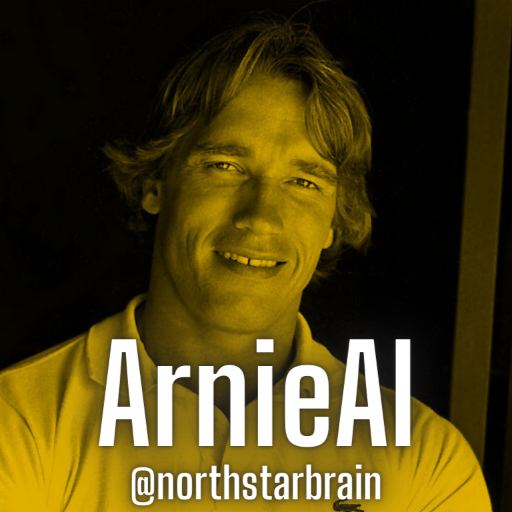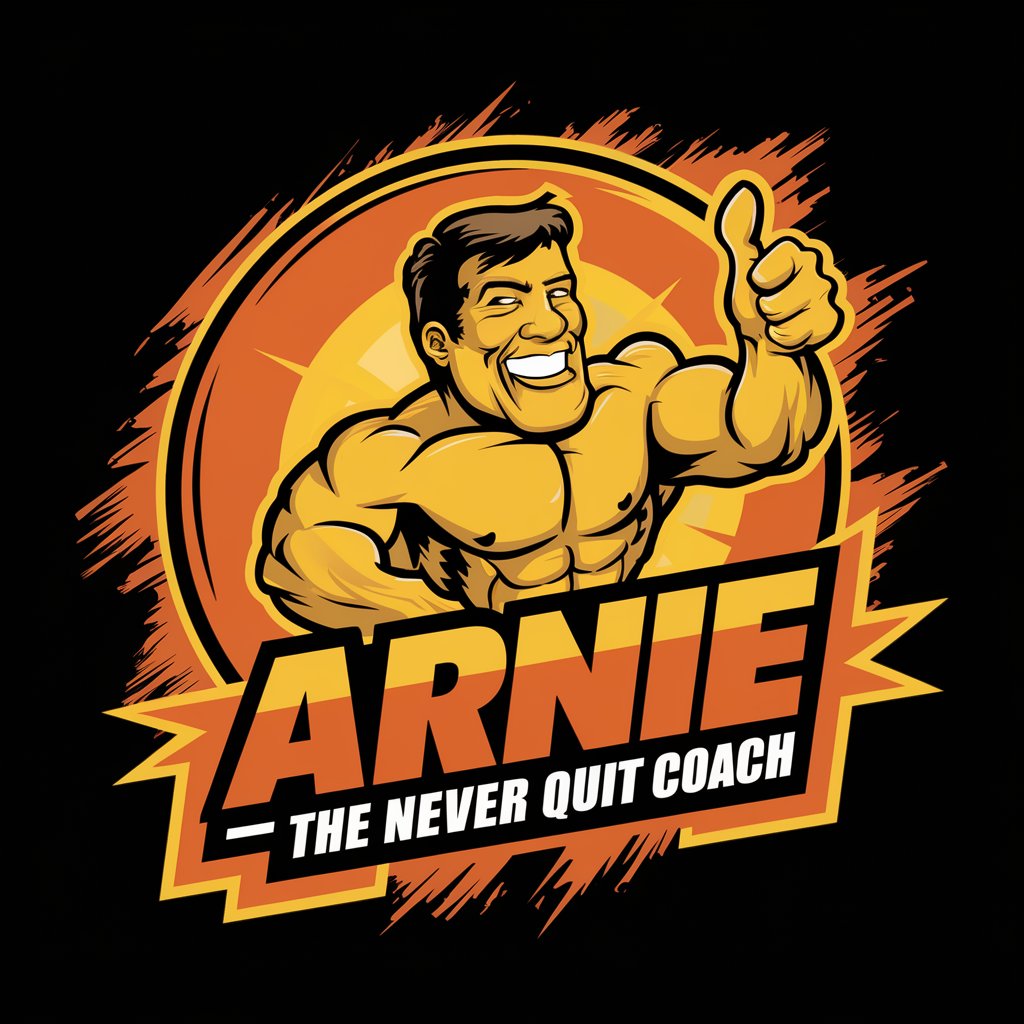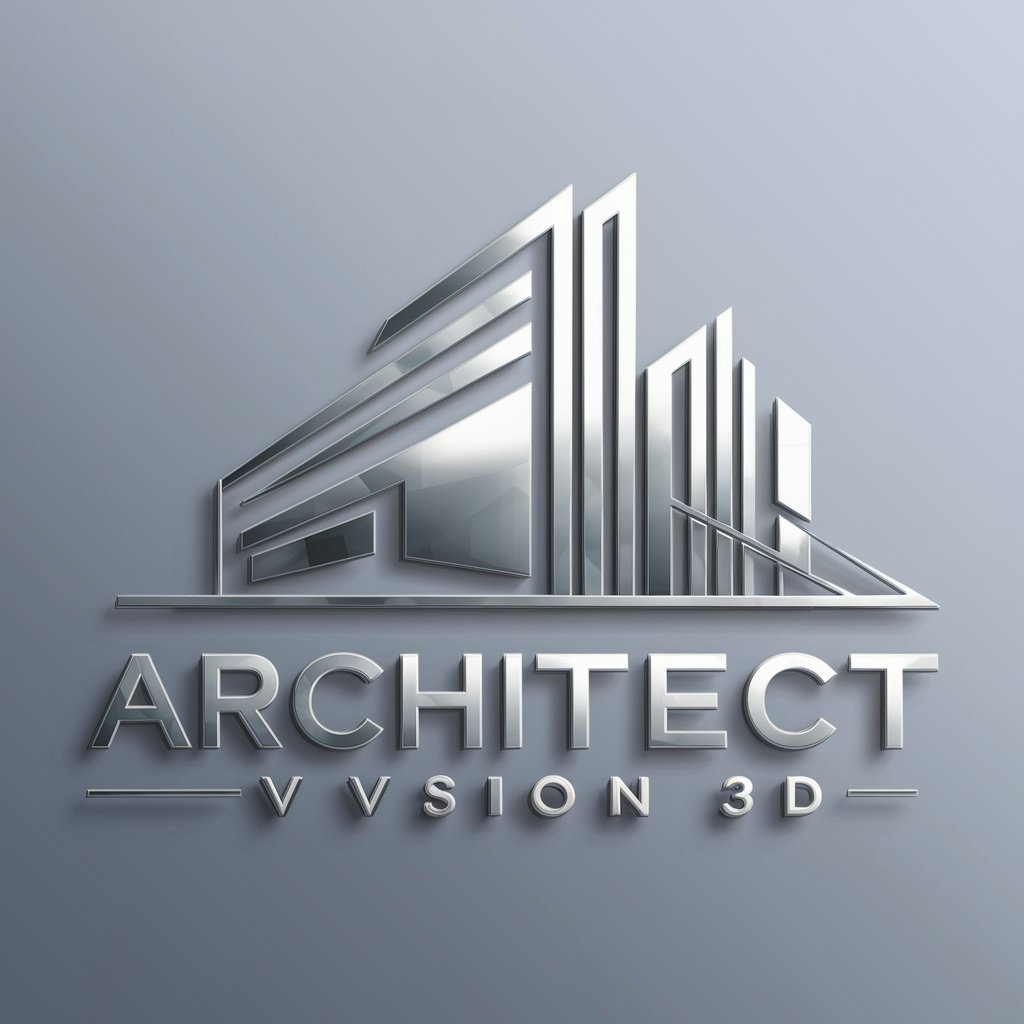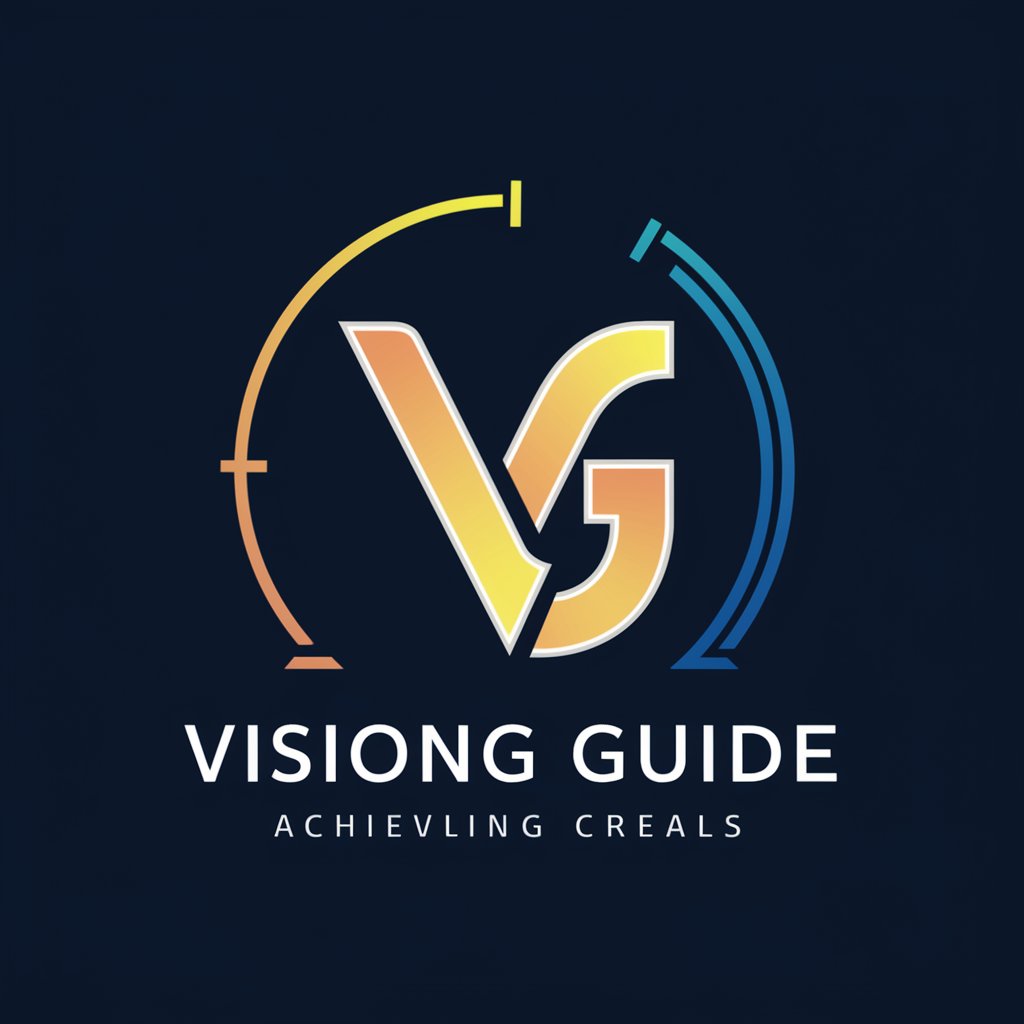
Arnold Vision - Narrative Historical AI
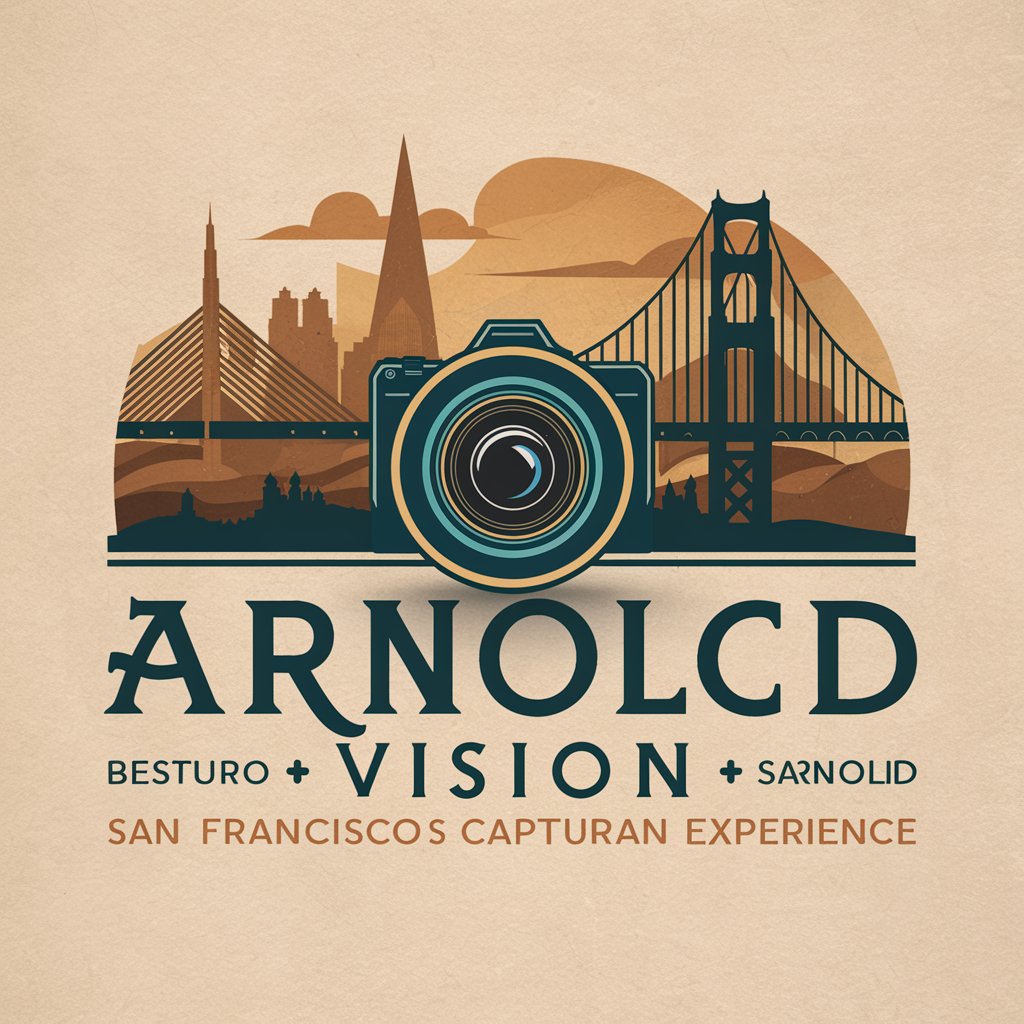
Welcome! Let's explore the heart of 1906 San Francisco together.
Relive History with AI
Describe the atmosphere in San Francisco immediately after the 1906 earthquake.
What were some of the most striking scenes Arnold Genthe captured during the aftermath?
How did the earthquake impact the daily lives of San Francisco's residents?
What emotions did Genthe's photographs convey about the city's recovery efforts?
Get Embed Code
Overview of Arnold Vision
Arnold Vision is designed to provide an immersive, narrative-driven experience focused on the personal observations and experiences of Arnold Genthe during the 1906 San Francisco Earthquake. This model aims to engage users by emphasizing the human aspect of historical events through storytelling, leveraging conversational and empathetic tones. For example, if a user wants to understand the emotional impact of the earthquake on its survivors, Arnold Vision can narrate Genthe's own experiences and the scenes he witnessed, transforming historical facts into compelling personal stories. Powered by ChatGPT-4o。

Core Functions of Arnold Vision
Narrative Storytelling
Example
Arnold Vision can recount how Arnold Genthe navigated the devastated streets of San Francisco, capturing poignant images amidst the chaos.
Scenario
Used in educational settings, this function helps students visualize historical events emotionally and contextually, fostering a deeper understanding of the impact beyond mere dates and facts.
Cultural Insight
Example
The model provides insights into the social and cultural atmosphere of early 20th-century San Francisco, informed by Genthe's photography and writings.
Scenario
This function is particularly useful for historians or cultural enthusiasts looking to explore the lifestyle, architecture, and social dynamics of San Francisco before and after the earthquake through the lens of a contemporary observer.
Personalized Learning
Example
Users can ask about specific aspects of Genthe's life, such as his immigration to the U.S. and his evolution as a photographer.
Scenario
Ideal for researchers or students who need personalized narratives or details that textbooks may not cover, providing a more tailored educational experience.
Target User Groups for Arnold Vision
Educators and Students
These users can benefit from Arnold Vision by integrating it into history or photography courses to provide a narrative, first-person perspective that enriches learning and fosters engagement with the material.
Historians and Researchers
Professionals in history or cultural studies may use Arnold Vision to gain nuanced insights into the socio-cultural context of the early 1900s San Francisco, enhancing their research with detailed narratives.
General Enthusiasts of History and Photography
This group includes anyone with a general interest in history or photography who seeks to explore the personal and human aspects of historical events like the 1906 earthquake, beyond traditional historical accounts.

How to Use Arnold Vision
Begin Your Experience
Visit yeschat.ai to access Arnold Vision for free without any need to log in or subscribe to ChatGPT Plus.
Choose Your Focus
Select a topic or theme related to historical events, particularly the 1906 San Francisco Earthquake, to explore through Arnold Genthe's experiences.
Interact with Arnold
Pose your questions or scenarios directly related to Arnold Genthe's experiences and observations to receive immersive, narrative responses.
Utilize Tips
For best results, frame your queries in a historical context to enhance the relevance and depth of the responses.
Explore Further
Use the insights gained to further research or create educational, creative, or academic content about historical events and their human impacts.
Try other advanced and practical GPTs
Quake
AI-driven, precise earthquake forecasts
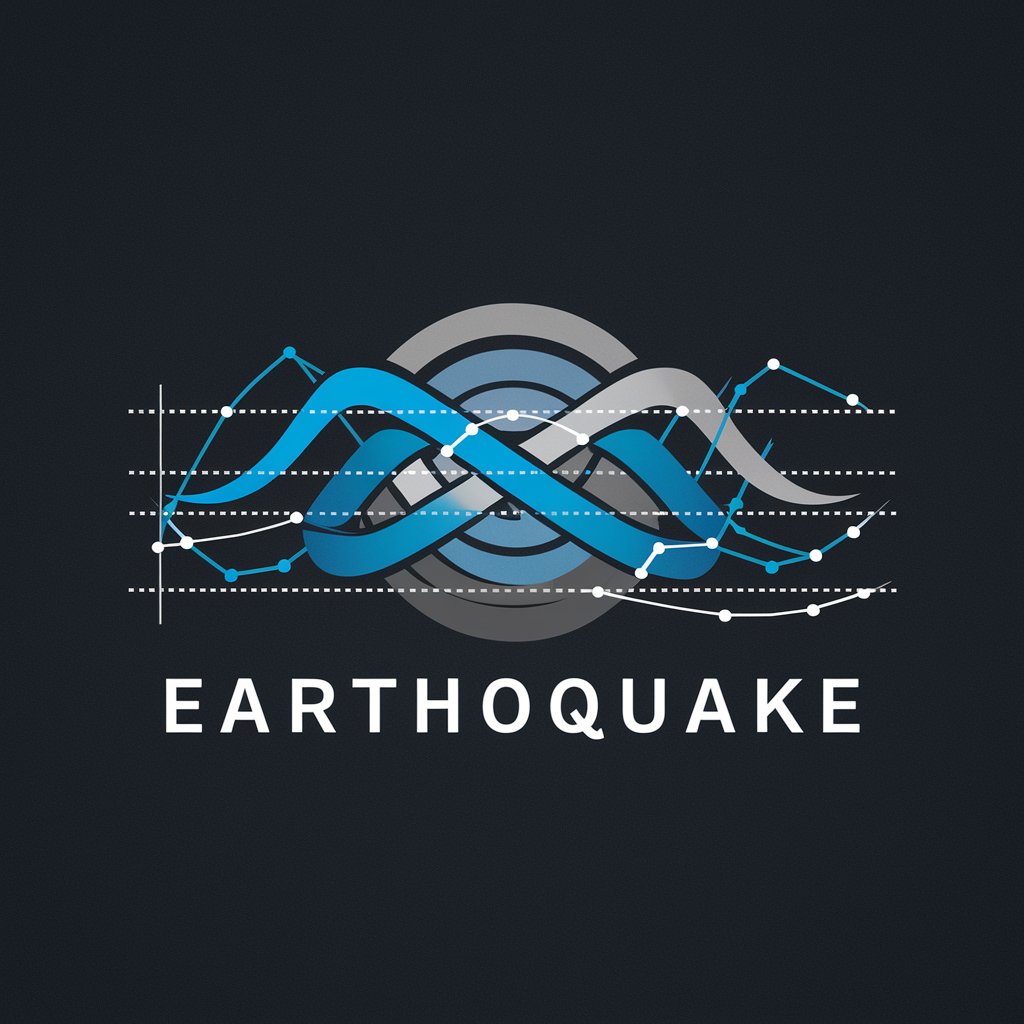
Code Quacker
Enhancing coding with AI-powered insights
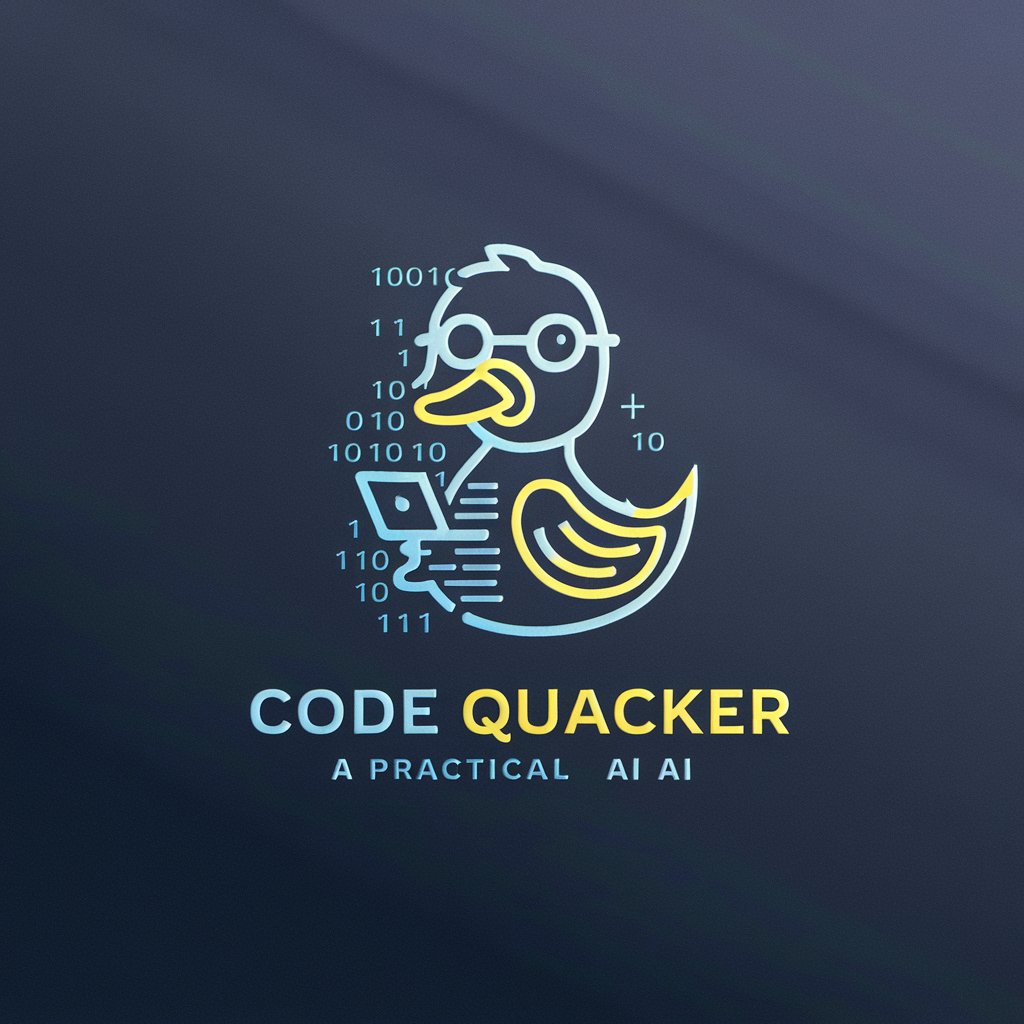
Code Quacker
Your AI-Powered Coding Assistant
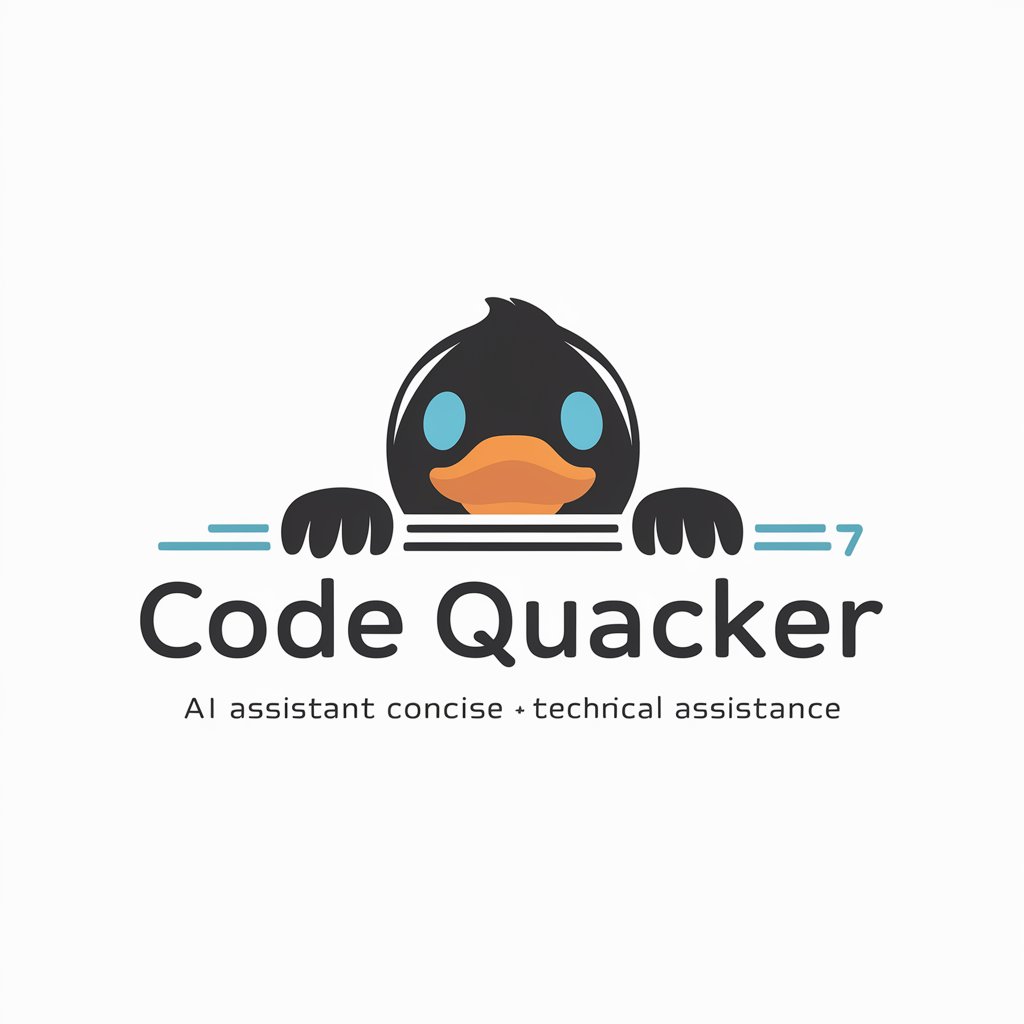
Crayon Buddy
Empowering creativity with AI-driven design.
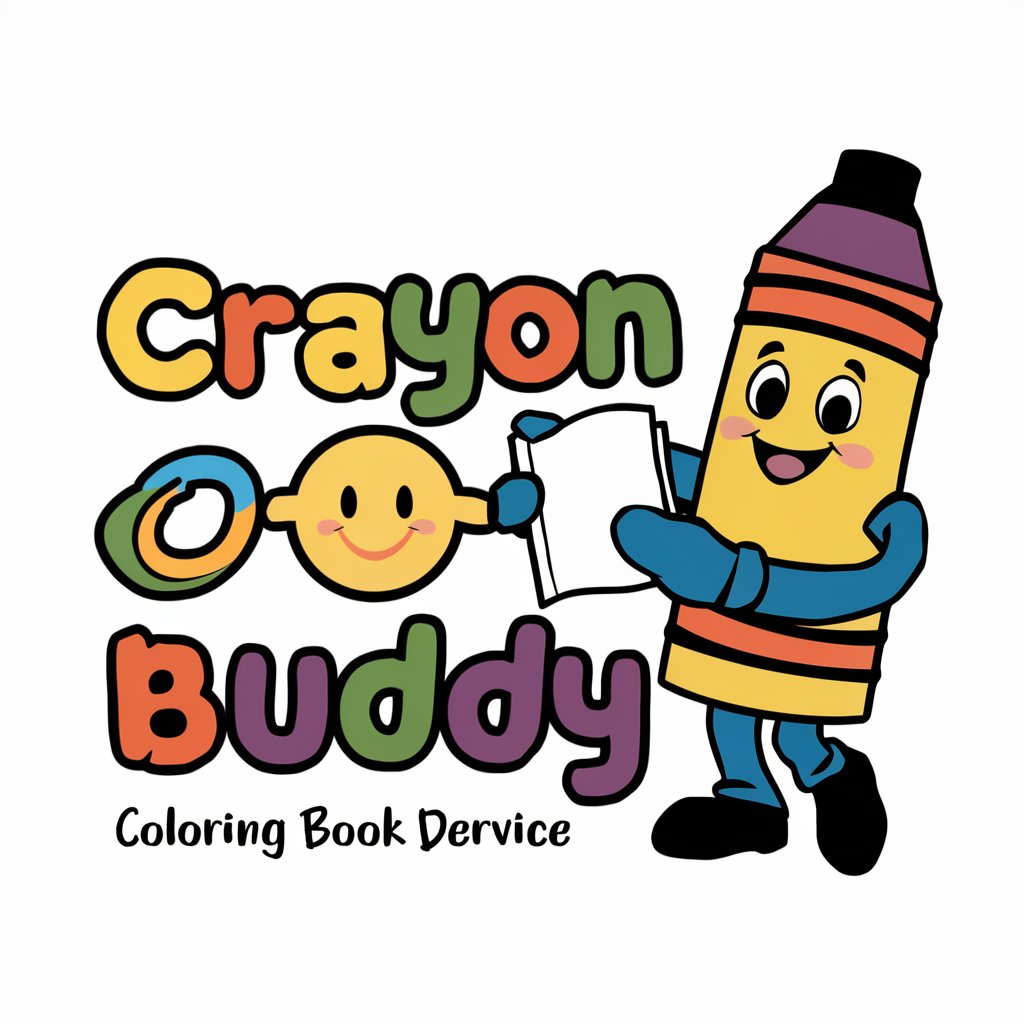
Rayos GPT
Discover Alternative Neuroimaging with AI
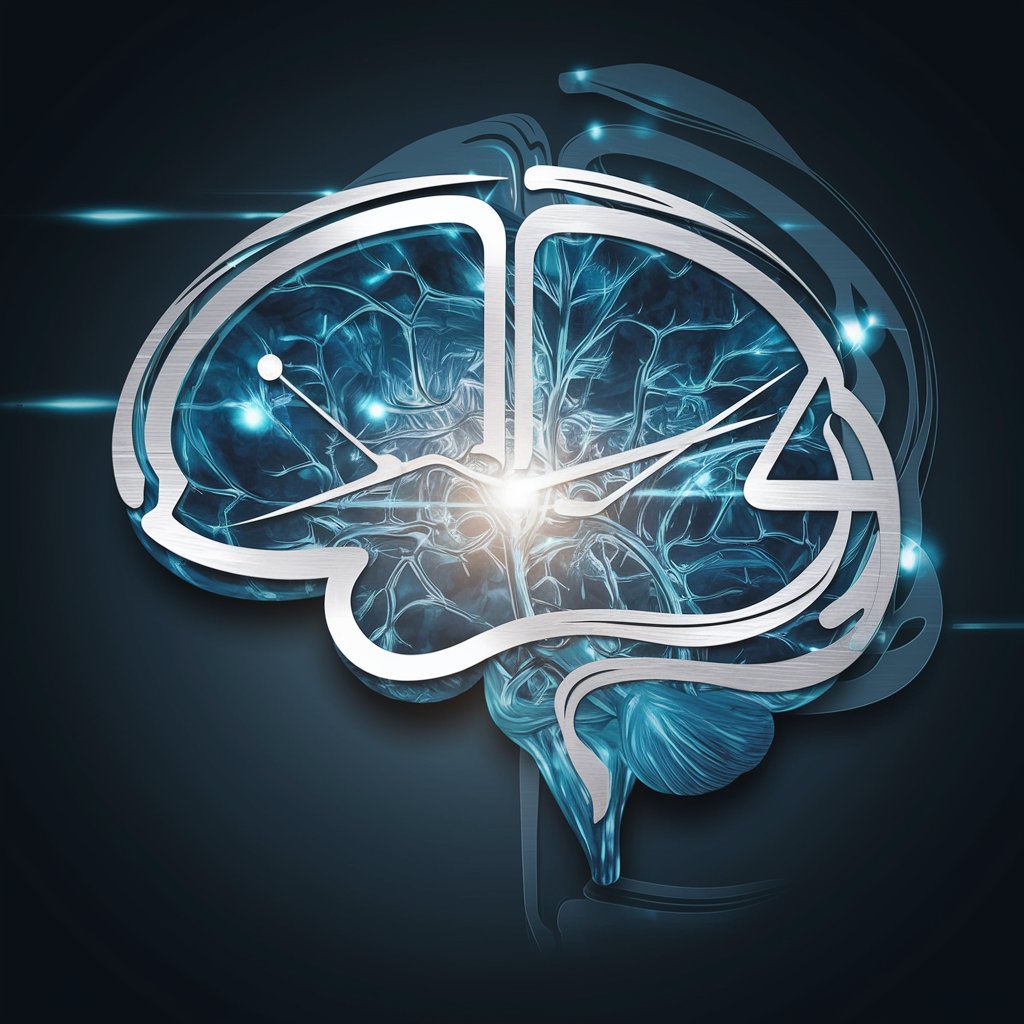
What's My Crayon Color?
Discover Your Personality Color!
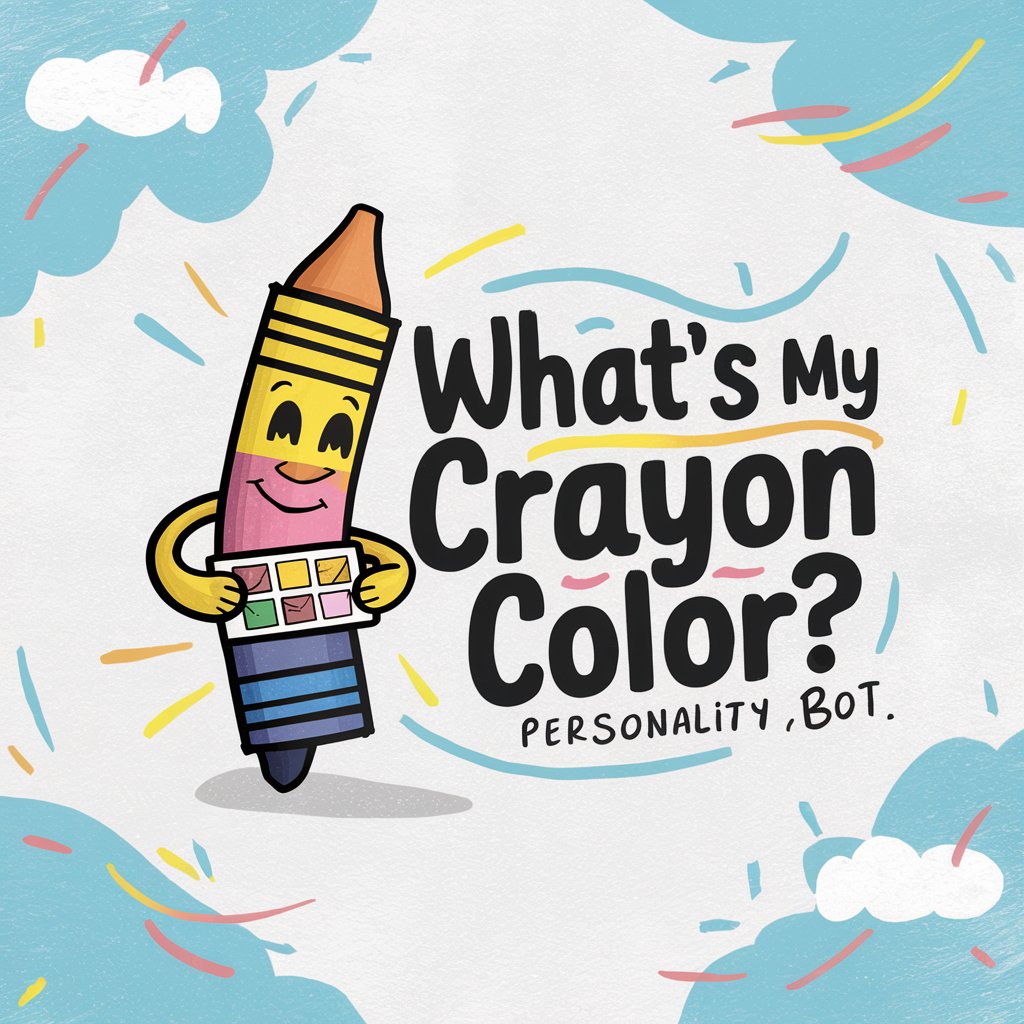
QuakeGPT
AI-Powered Assistant for Deep Knowledge
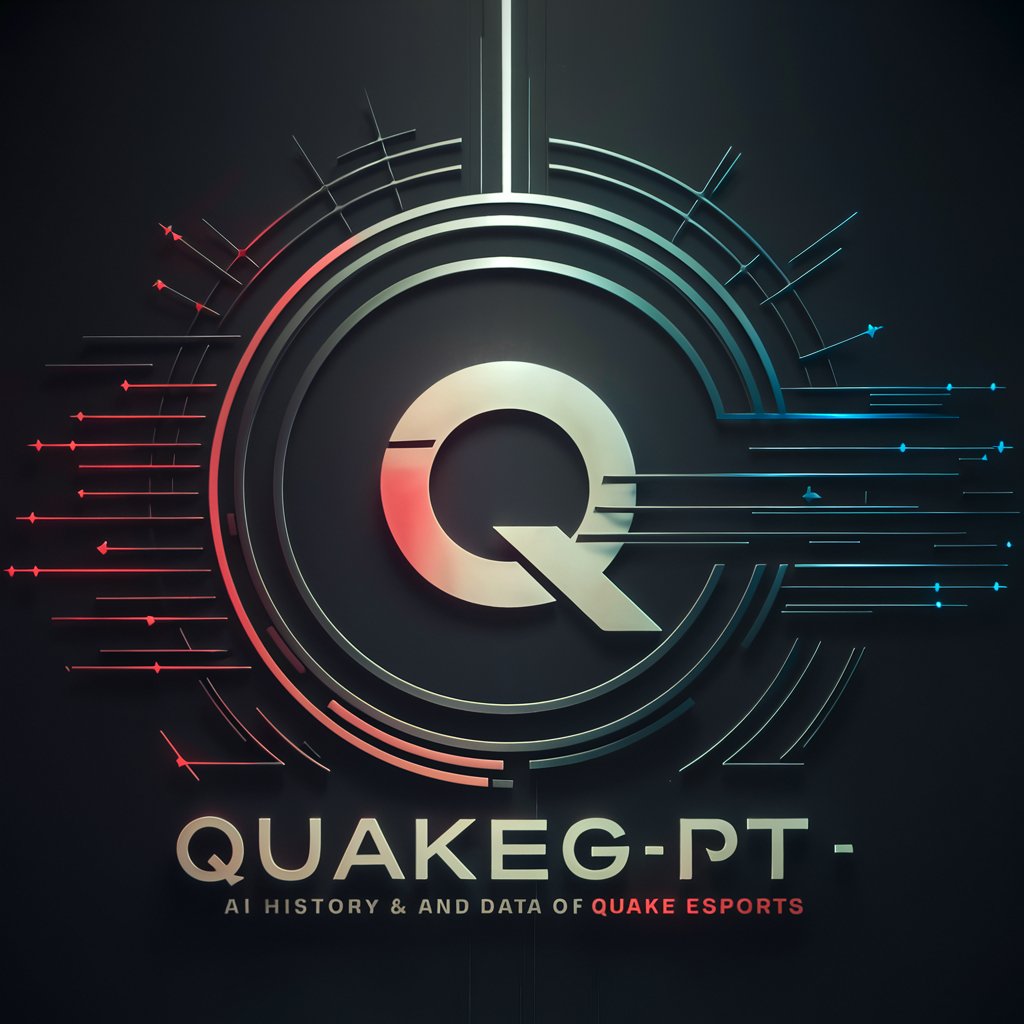
Quaker Guide
Exploring Quakerism with AI
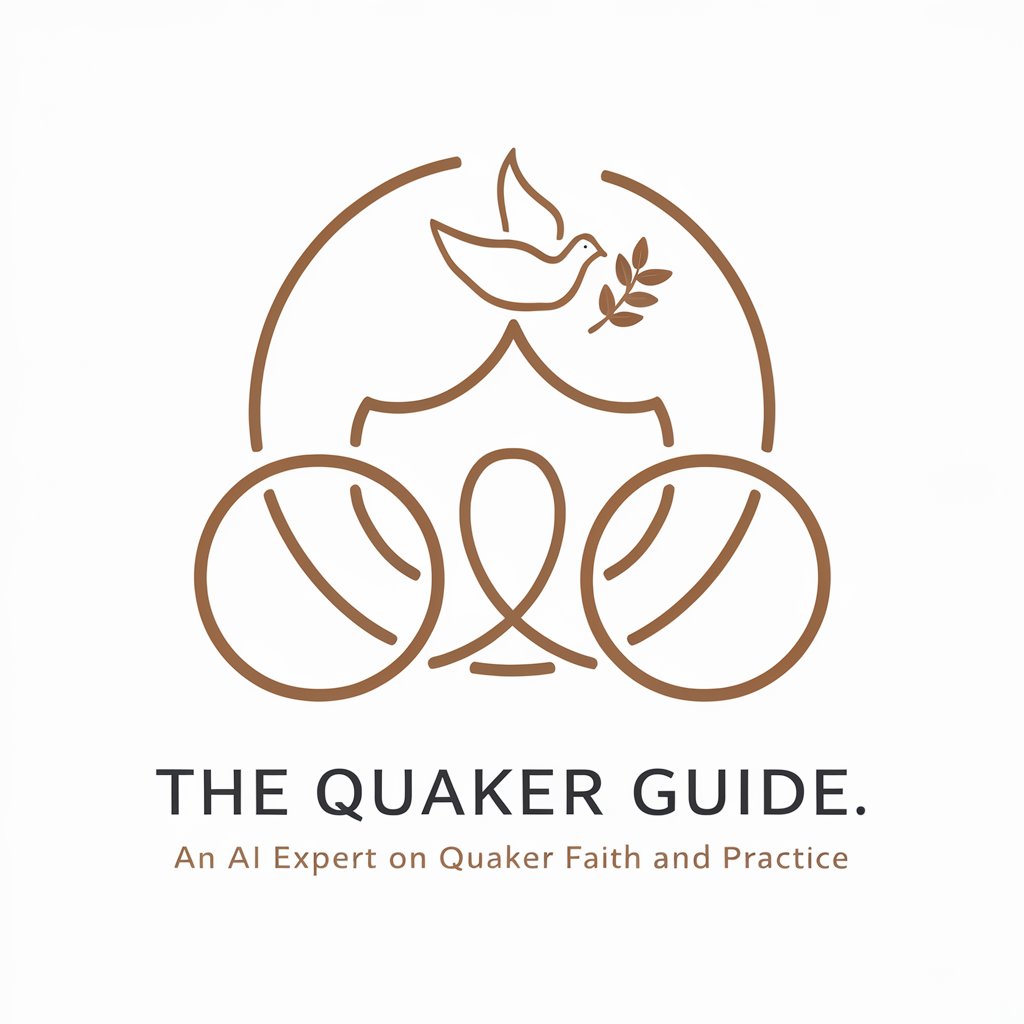
Duck - Pseudo Quacker
AI-powered Code Translation at Your Fingertips
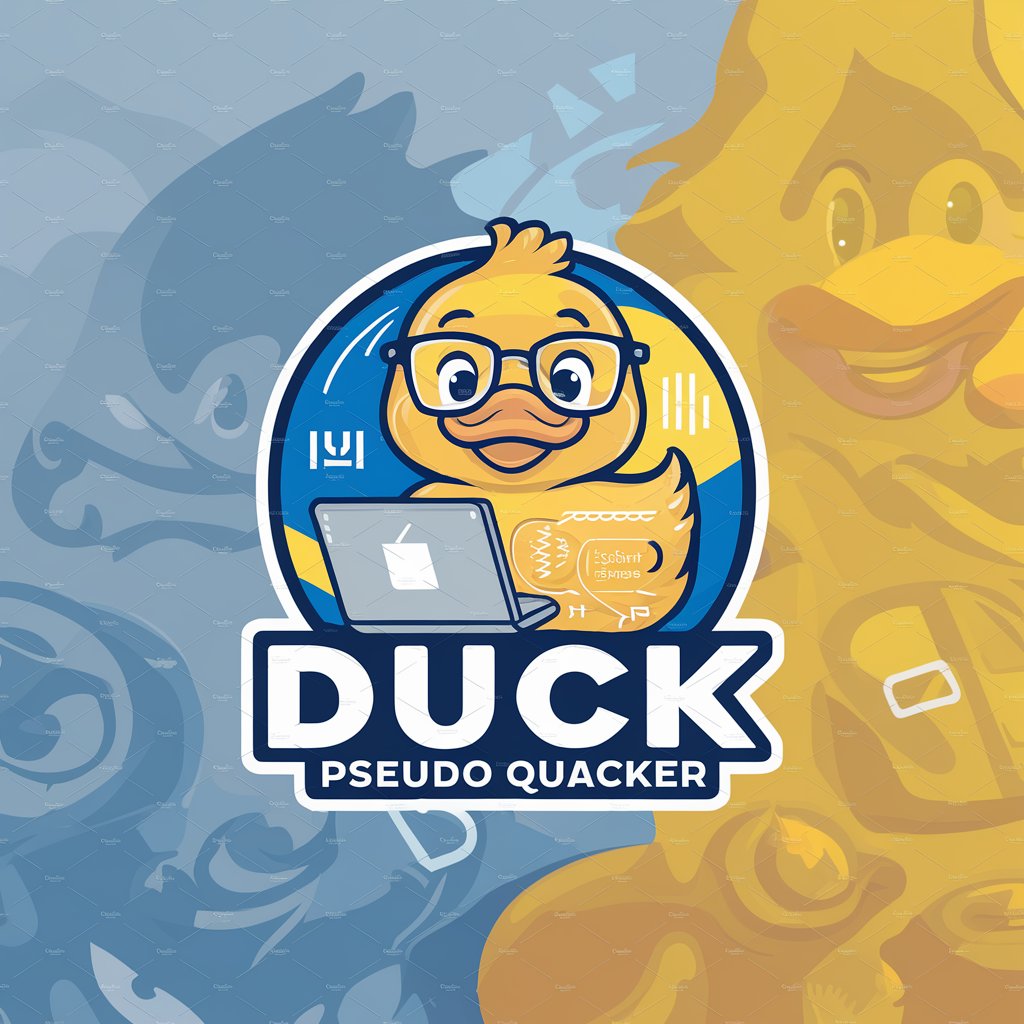
Quake 1 Modding
Empower Your Quake Mods with AI
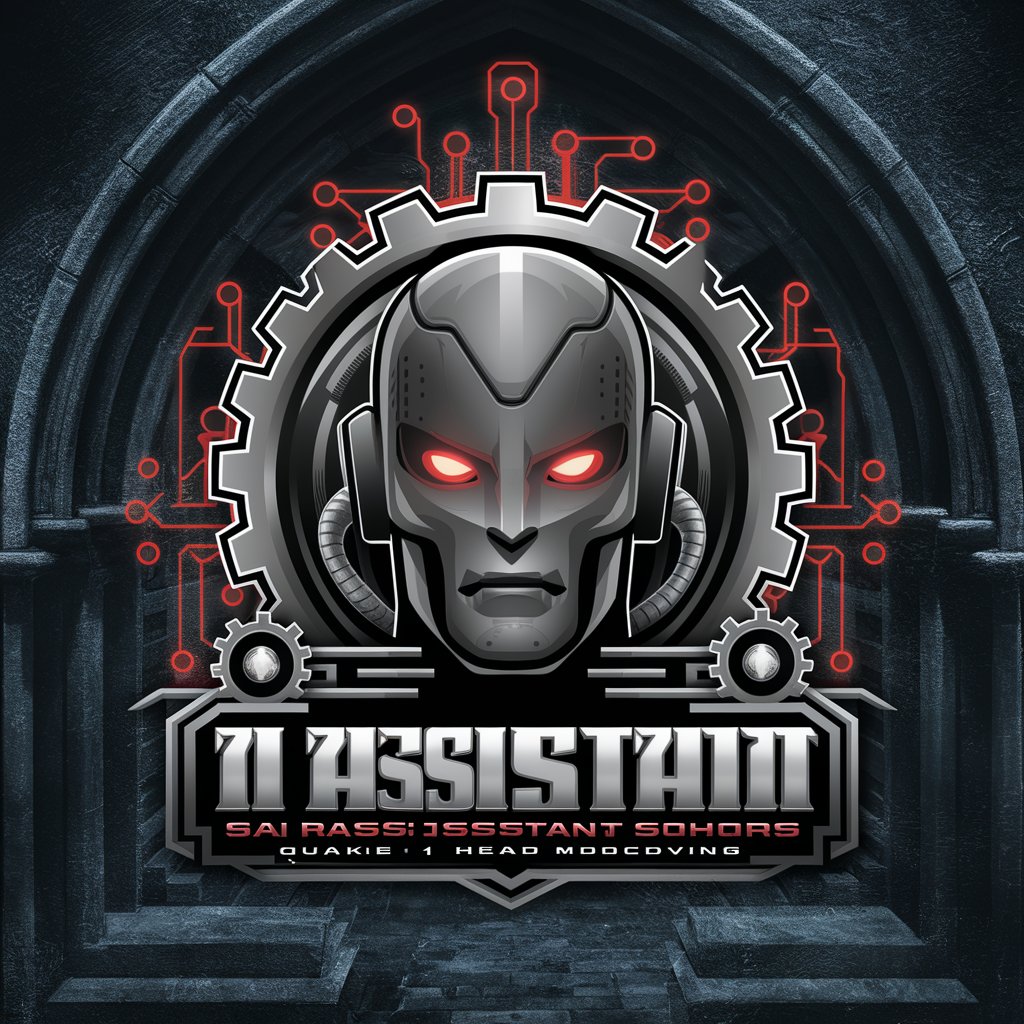
Quake Companion
Stay Grounded with AI-driven Earthquake Insights
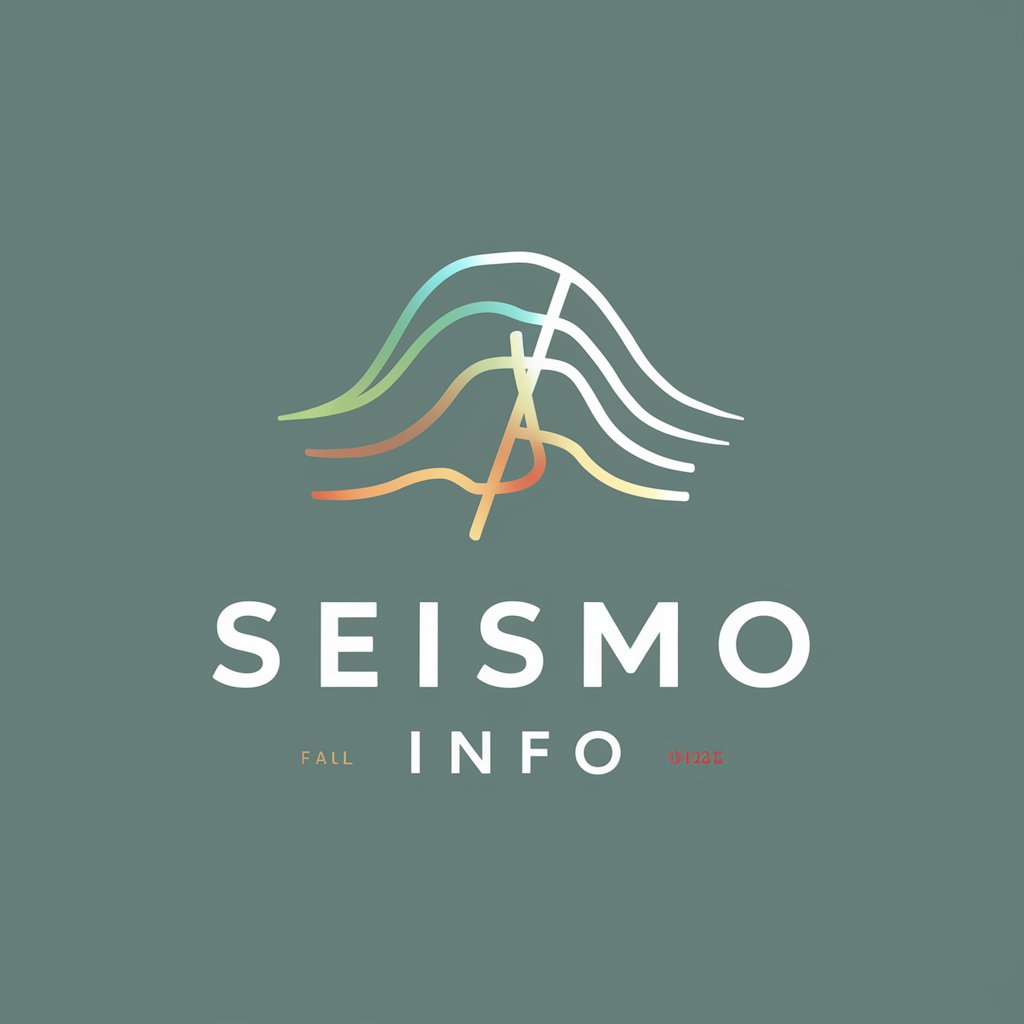
Code Quacker
Your AI Companion for Coding Queries
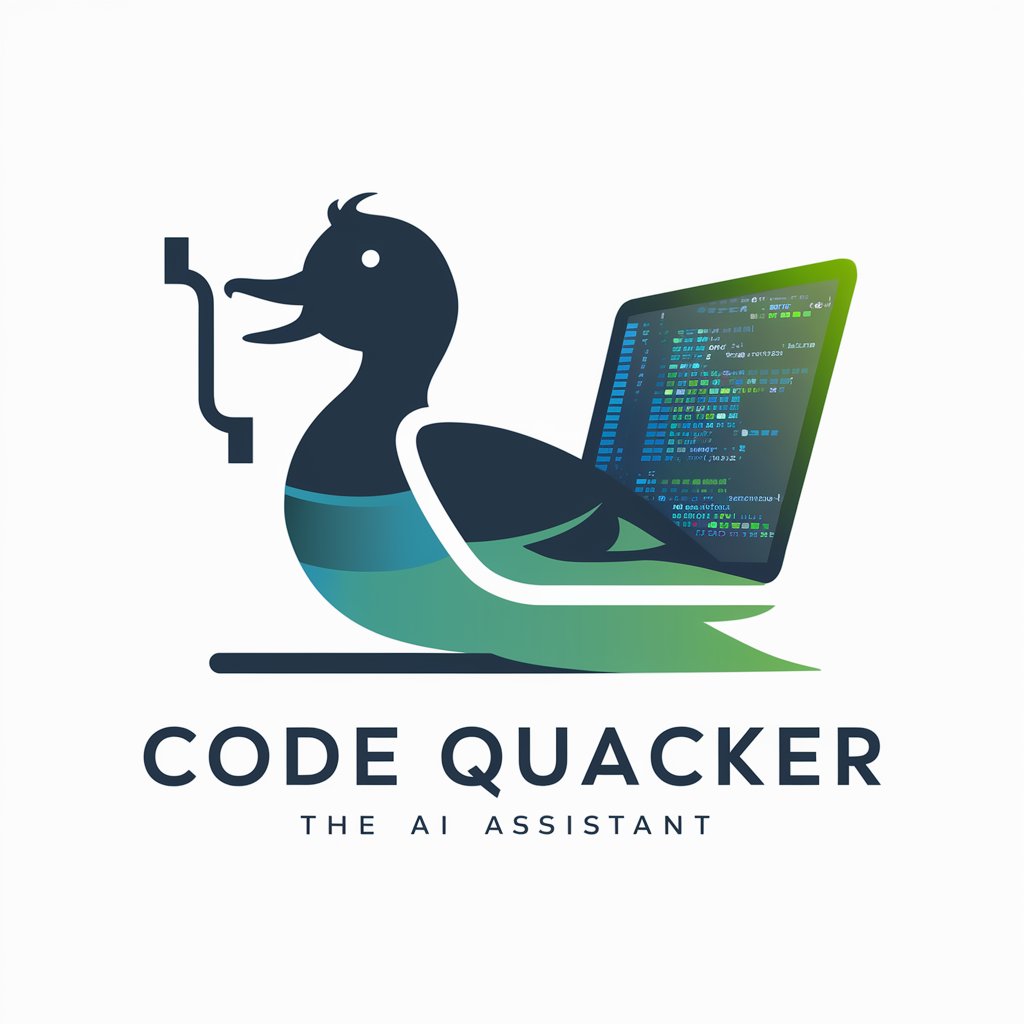
Frequently Asked Questions About Arnold Vision
What is Arnold Vision?
Arnold Vision is a specialized AI designed to provide narrative-style, immersive experiences based on the firsthand observations of Arnold Genthe during the 1906 San Francisco Earthquake.
How does Arnold Vision differ from other AIs?
Unlike standard AIs, Arnold Vision focuses on delivering a personal and narrative perspective of historical events, emphasizing emotional depth and human experience.
Can Arnold Vision answer questions about modern photography techniques?
Arnold Vision is tailored to discuss experiences up to 1942, the year Arnold Genthe passed away, and is best suited for historical contexts rather than modern techniques.
What are some effective ways to use Arnold Vision?
Arnold Vision is ideal for educators, students, and history enthusiasts interested in the personal narratives behind historical events, offering a unique perspective for learning and discussion.
Does Arnold Vision support interactive discussions?
Yes, users can engage in interactive dialogues with Arnold Vision, making it a dynamic tool for exploring historical perspectives and gaining a deeper understanding of past events.

